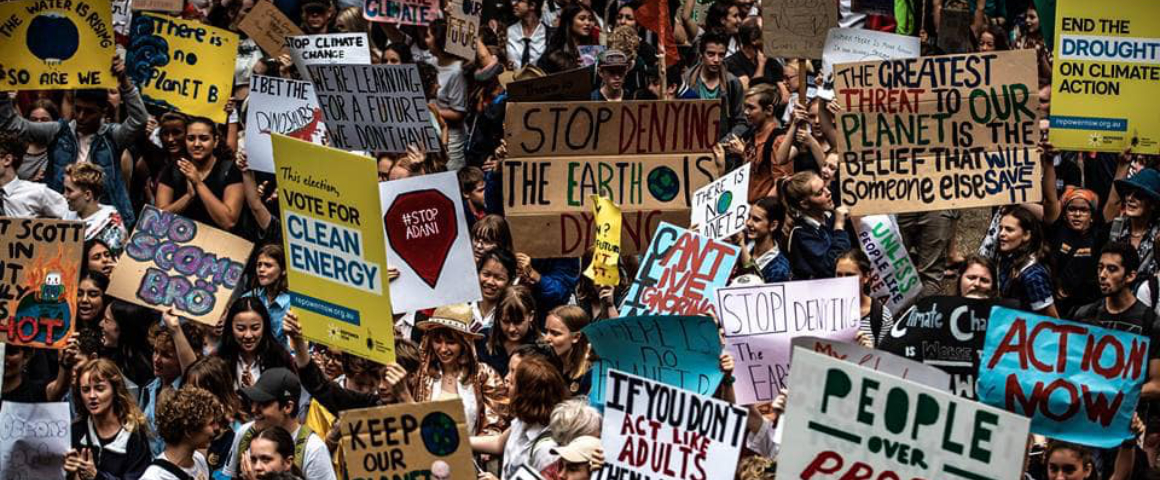By Richard Mullen
Degrowth has arguably become the most common idea in the coverage of post-capitalist visions of the world in tackling climate change. Monthly Review dedicated an issue to degrowth, while Kohei Saito’s Slow Down: The Degrowth Manifesto had record sales in Japan.
Inevitably, degrowth is interpreted in different ways in the public conversations. In the intersection of the different interpretations, capitalism is moving away from the growth paradigm and its metrics (such as GDP) and transforming societies’ relationship with energy and other resources. That transformation is usually envisaged as equitable downscaling, starting from the global North and leading to a world transformed.
This article is an attempt to briefly introduce talking points of the sides in the debate about degrowth. We reject vulgar, insincere interpretations of degrowth as eugenics or eco-fascism.
Matt Huber, online and in print, is widely recognized as a critical voice questioning degrowth from a “socialist eco-modernist” viewpoint. He sees the degrowth view as at odds with a vision of a technologically developed world advancing its ability to mitigate climate change and further develop the forces of production.
Huber rejects the idea that the present stage of capitalism involves forces of production fully developed and maintains that the development of forces of production in an eco-socialist future should be liberated from the constraints of capital. If needs be, he explains, growth can be stopped in such a society by the society’s decision; but such an outcome should not be a default part of the strategy for the transformation of capitalist relations.
He also doubts the class analysis of degrowth: with the idea that the degrowth starts from the global North, Huber raises the issue of conflating the working class with the capitalist class in that space. This is linked to what he calls “professional-class politics of less” and “carbon guilt,” detached from the working class and its revolutionary potential. For Huber, the very process of transformation is utopian and removed from materialist analysis, while echoing politics of austerity.
In response to Huber’s degrowth criticism, Kai Heron recognizes a mismatch between interpretations. Some scholars in this field rather enjoy the vagueness of some aspects of degrowth theory (and we will return to this at the end of the article), but Heron is not one of them. In degrowth, Heron sees opportunities to develop local, resilient networks of production and supply.
Heron proceeds with a class analysis of degrowth and adds the colonial (and neocolonial) aspect to it, showing how the global North as a whole benefits from the exploitation of the global South, and the need to disrupt that relationship first.
This is where analysis would benefit from more discussion on anti-imperialism and where discussions on the left fail, not only in environmental context. Heron bounds the equity of degrowth by Earth’s resources: scaling the global South’s consumption to the level of the global North exceeds the biophysical levels of the planet, so it is the North that needs scaling down.
At first this argument may read as Malthusian – but it does not have to be.
How does the transformation happen, though? Heron writes about this elsewhere: the need for climate Leninism. Revolution is the only way out of capitalism; revolutionary potential is in the working class, and the revolution requires a revolutionary party.
Not everyone in degrowth sees this (many a liberal will be merely happy with fetishizing the metrics of lower consumption); neither does every Leninist see degrowth as the optimal post-capitalist future. The vagueness of degrowth paradigm theory helps in losing the collective vision for some, reinforcing neoliberal individualist fantasies.
This does not mean we have nothing to learn from degrowth, or the debates about it: it just means that we cannot forget where the revolutionary potential lies.
Huber’s and Heron’s positions are well outlined in their contributions to the New Left Review’s Sidecar last year and can be read at the NLR web site. See “Mish-mash ecologism” by Matt Huber (August 2022) and “The Great Unfettering” by Kai Heron (September 2022).
Socialist Voice
Support socialist media!
If you found this article useful, please consider donating to People’s Voice or purchasing a subscription so that you get every issue of Canada’s leading socialist publication delivered to your door or inbox!
For over 100 years, we have been 100% reader-supported, with no corporate or government funding.




